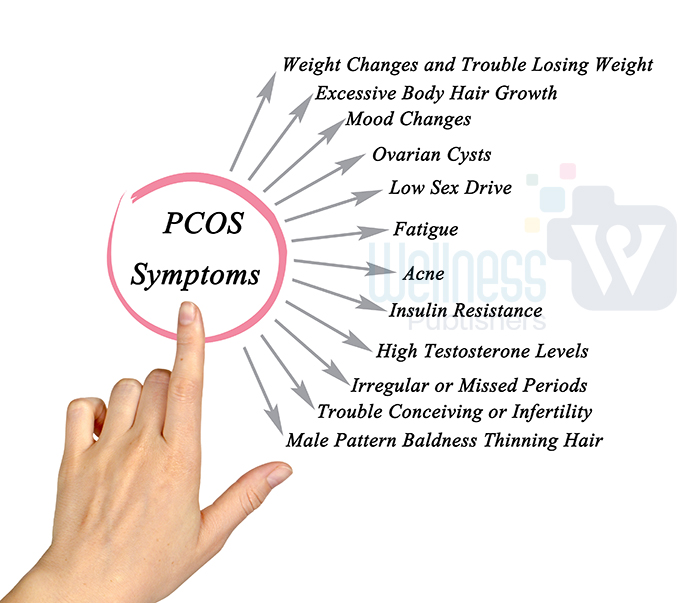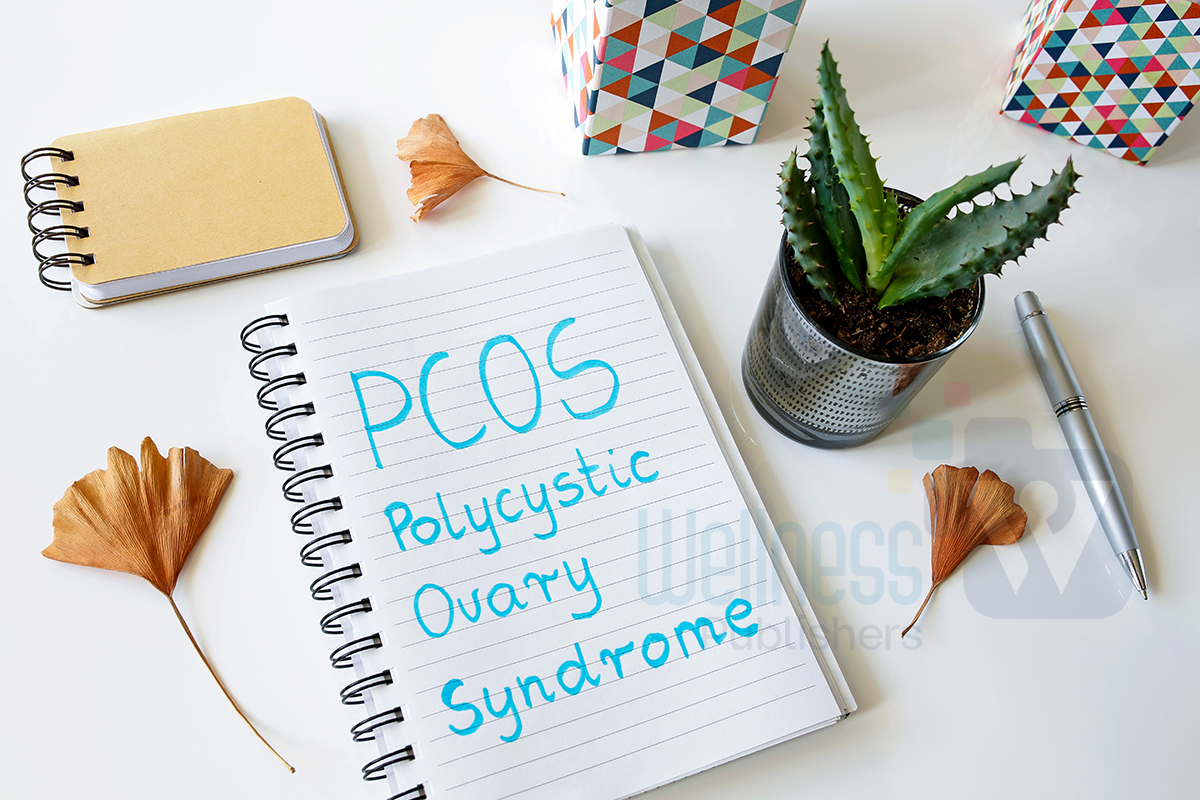|
Listen the Post
Getting your Trinity Audio player ready...
|
PCOS or PCOD (Polycystic Ovarian Disease) is the most common hormonal disorder seen in women from 15 to 45 years of age (reproductive age group).
The incidence of this problem is reported to be as low as 3% to as high as 22.5% in various parts of India. There is a lack of strong scientific studies hence we do not know the actual numbers. But, there is a clear urban, rural divide. Women in cities seem to be affected much more than those living in villages.
The reasons for the polycystic ovarian disease are also not clearly known. The reasons may be a genetic, environmental, lifestyle, dietary, stress, etc.
There may be a combination of reasons in any given patient.
The common features of PCOS are:
- Irregular periods- seen in most but not all cases
- Enlarged ovaries on an ultrasound scan- this may be seen in one or both ovaries
- Weight gain- troublesome weight gain may be a feature but it is not always associated
- Hair loss- many women may be diagnosed due to scalp hair loss or receding hairline similar to men
- Hirsutism- This, on the other hand, means excess, coarse hair growth in areas which normally have fine hair growth in …like the upper lip, chin, sideburns, chest, tummy.
- Acne-oily skin and troublesome pimples may be the predominant complaint in many young women
- Dark skin patches- on the neck, thighs, etc.

The diagnosis of PCOS is always on the basis of ultrasound, blood tests combined with the woman’s menstrual history. It cannot be diagnosed by ultrasound alone.
Common myths related to the condition:
- All women with PCOS are overweight or obese – up to 30% or higher proportion of women with PCOD may be thin.
- Menses are always irregular – Many women with this problem may have regular menses.
- Women with PCOS cannot conceive – this is far from the truth. In fact, it is the most easily treatable problem associated with infertility.
Treatment
- There are various treatment options depending on age, whether the patient is planning to start a family, or not.
- Oral contraceptive pills are commonly prescribed to younger women with irregular periods. Tablets that are given to diabetics, like metformin, may be given where appropriate. There are various other food supplements that are beneficial.
- Cosmetic problems like acne or hirsutism may need different skin therapies depending on severity.
- Women trying to conceive need different treatments, in the form of tablets or hormonal injections to produce healthy eggs from the ovaries. They may need IVF (test tube baby) only if there are other reasons like poor quality sperm in the husband or bad fallopian tubes which are contributing to their infertility.
- The most important treatment, however, especially in obese women is lifestyle management and weight loss. This is done with the help of a planned diet and under the treating physician’s guidance.
To summarise, Polycystic ovarian disease is a commonly seen problem. It affects different women in different ways. It is not a dangerous condition, which should cause too much worry or panic. There are good treatment options available. Lifestyle management, wherever appropriate, helps immensely.
Guidance from an expert will help you understand and conquer PCOS.
Siddhi Life Assisted Reproduction Centre – Infertility Specialist
Consultant Gynaecologist and fertility specialist.
E-mail: Siddhilifearc2002@gmail.com | Siddhilife2002@rediffmail.com
For Appointments Call: +91-22-66914442 | +91-9833834152

